Bangladesh: A Rich Tapestry of Culture, History, and Progress
Introduction:
Nestled in the heart of South Asia, Bangladesh is a land of contrasts and complexities, boasting a rich tapestry of culture, history, and progress. From its fertile plains to its bustling cities, Bangladesh has emerged as a dynamic nation with a resilient spirit. In this exploration, we delve into the intricate layers that define Bangladesh, from its ancient roots to its modern aspirations, encompassing its vibrant culture, turbulent history, socio-economic landscape, and its path towards sustainable development.
Geography and Natural Beauty:
Bangladesh, bordered by India to the west, north, and east, with Myanmar (Burma) lying to the southeast, is characterized by its lush greenery, intricate river networks, and the vast Bay of Bengal coastline. The Ganges, Brahmaputra, and Meghna rivers flow through the country, shaping its geography and sustaining its agriculture-dependent economy. The Sundarbans, the world's largest mangrove forest and a UNESCO World Heritage Site, sprawl across the southwest, serving as a sanctuary for diverse flora and fauna, including the endangered Bengal tiger. Beyond its natural wonders, Bangladesh faces challenges such as flooding, cyclones, and erosion, which demand innovative solutions for sustainable development and resilience.
History and Heritage:
Bangladesh's history is a saga of struggle, resilience, and cultural evolution. The region's rich past dates back to ancient civilizations, including the Maurya and Gupta empires. In the 8th century, Islam was introduced, shaping the cultural and architectural landscape. The Mughal Empire left its mark on Bengal, influencing art, cuisine, and language. British colonial rule in the 19th and 20th centuries ushered in an era of exploitation and resistance, culminating in the partition of Bengal in 1947 and the birth of Pakistan. However, the quest for linguistic and cultural identity led to the Language Movement of 1952, a pivotal moment that eventually paved the way for the independence of Bangladesh in 1971, following a brutal war of liberation. The spirit of the liberation struggle remains ingrained in the national consciousness, shaping Bangladesh's identity and commitment to democracy, secularism, and social justice.
Culture and Diversity:
Bangladesh is a melting pot of cultures, religions, and traditions, reflected in its diverse linguistic, culinary, and artistic heritage. Bengali, the official language, serves as a unifying force, celebrated through poetry, music, and literature by luminaries like Rabindranath Tagore and Kazi Nazrul Islam. The country's cultural mosaic is enriched by indigenous communities, each with its own distinct customs and rituals. The vibrant festivals of Durga Puja, Eid-ul-Fitr, and Pohela Boishakh showcase the harmony and syncretism inherent in Bangladeshi society. Additionally, the rich culinary tradition, ranging from flavorful biryanis to mouthwatering sweets, tantalizes taste buds and reflects the fusion of indigenous ingredients with foreign influences.
Economy and Development: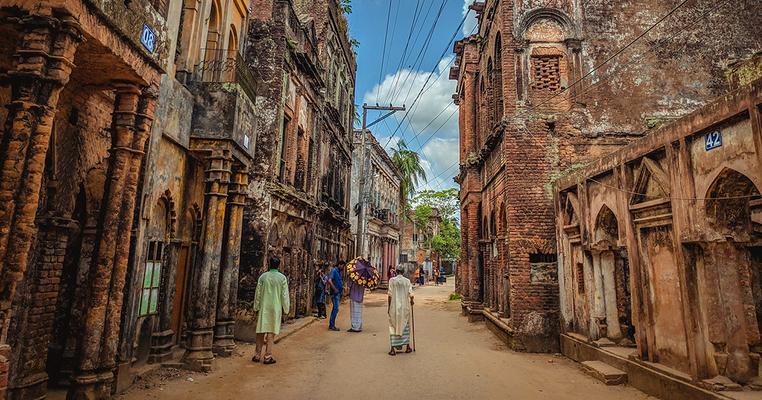
Bangladesh has made significant strides in economic development, transitioning from an agrarian economy to a burgeoning hub of industry and commerce. The ready-made garment (RMG) sector, fueled by cheap labor and favorable trade agreements, has emerged as a key driver of growth, accounting for a substantial portion of exports. However, challenges such as labor rights violations, workplace safety concerns, and environmental degradation underscore the need for sustainable practices and ethical business standards. Beyond textiles, Bangladesh is diversifying its economy, focusing on sectors like information technology, pharmaceuticals, and renewable energy to foster innovation and create employment opportunities. Moreover, microfinance initiatives, pioneered by institutions like Grameen Bank, have empowered millions of women by providing access to credit and entrepreneurship opportunities, contributing to poverty alleviation and social inclusion.
Challenges and Opportunities: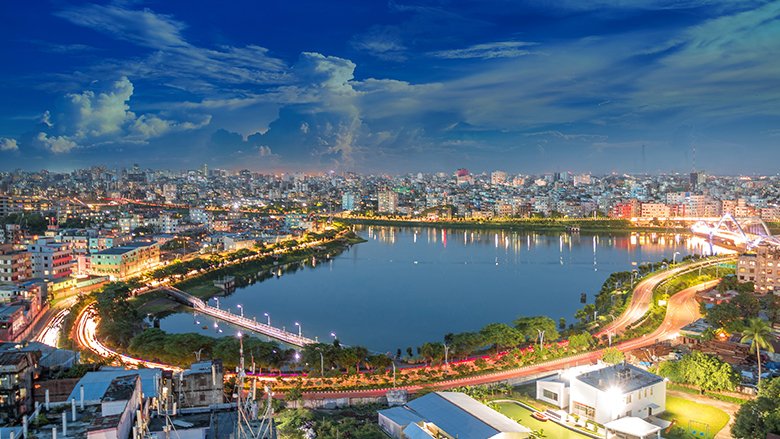
Despite its progress, Bangladesh faces a myriad of challenges on its path to development. Overpopulation, inadequate infrastructure, and political instability pose significant hurdles to sustainable growth and equitable distribution of resources. Climate change exacerbates existing vulnerabilities, with rising sea levels, erratic rainfall, and natural disasters threatening lives and livelihoods. Addressing these challenges requires a multi-faceted approach, encompassing investment in education, healthcare, and infrastructure, as well as strengthening governance and fostering international cooperation. Bangladesh's strategic location, young demographic profile, and entrepreneurial spirit offer immense potential for harnessing emerging opportunities in the global economy, provided that inclusive and sustainable policies are prioritized.
Bangladesh stands at a crossroads, balancing its rich cultural heritage with the imperatives of modernization and development. Its journey from the ashes of war to the promise of progress exemplifies the resilience and determination of its people. As Bangladesh navigates the complexities of the 21st century, it holds the potential to emerge as a beacon of prosperity and pluralism, guided by the principles of democracy, social justice, and environmental sustainability. Embracing its diversity and harnessing its human capital, Bangladesh is poised to shape a brighter future for generations to come.
Renewable Energy and Environmental Conservation: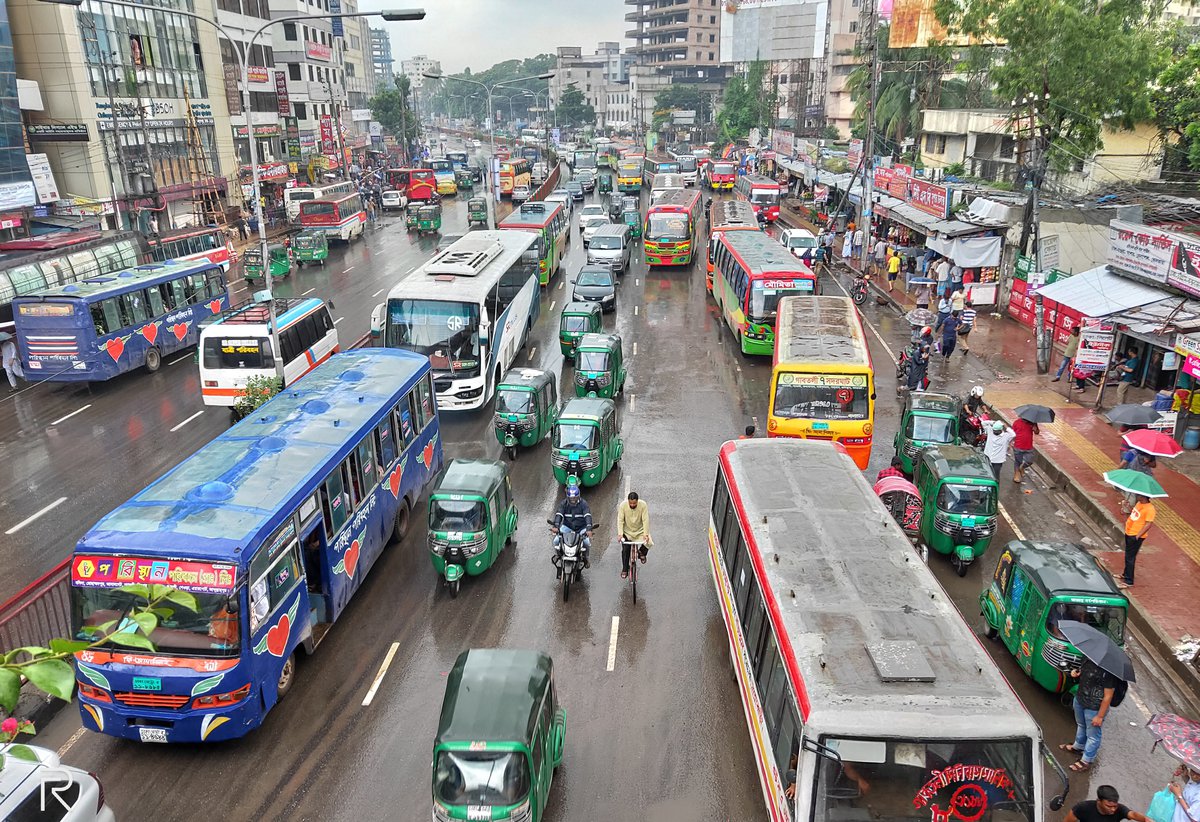
Recognizing the urgent need for sustainable development, Bangladesh has been increasingly investing in renewable energy and environmental conservation efforts. The country is endowed with abundant solar, wind, and hydropower potential, offering viable alternatives to fossil fuels. Initiatives such as the installation of solar home systems and the promotion of grid-connected solar parks have expanded access to clean energy, reducing reliance on fossil fuels and mitigating greenhouse gas emissions. Furthermore, Bangladesh has prioritized environmental conservation, with initiatives to protect biodiversity, restore ecosystems, and combat pollution. Efforts to preserve wetlands, mangroves, and forest reserves not only safeguard critical habitats but also enhance resilience to climate change impacts, such as storm surges and salinity intrusion.
Healthcare and Social Welfare:
Improving healthcare and social welfare services remains a paramount priority for Bangladesh, particularly in rural and marginalized communities. The government has implemented various initiatives to enhance access to healthcare, including the establishment of community clinics, expansion of immunization programs, and provision of essential medicines at subsidized rates. Moreover, innovative approaches such as telemedicine and mobile health units are bridging the gap in healthcare delivery, especially in remote areas with limited infrastructure. Additionally, social safety nets, including cash transfer programs and food assistance schemes, aim to alleviate poverty and ensure basic needs are met for vulnerable populations, such as the elderly, disabled, and disadvantaged youth.
Education and Human Capital Development:
Investments in education and human capital development are critical for unlocking Bangladesh's full potential and fostering inclusive growth. The government has prioritized expanding access to quality education, with initiatives to increase enrollment, improve school infrastructure, and enhance teacher training. Efforts to promote girls' education and reduce gender disparities have yielded promising results, with significant gains in female literacy rates and school attendance. Furthermore, vocational training programs and skills development initiatives are equipping youth with the tools and knowledge needed to thrive in a rapidly evolving job market, fostering entrepreneurship and innovation.
Digitalization and Technological Innovation: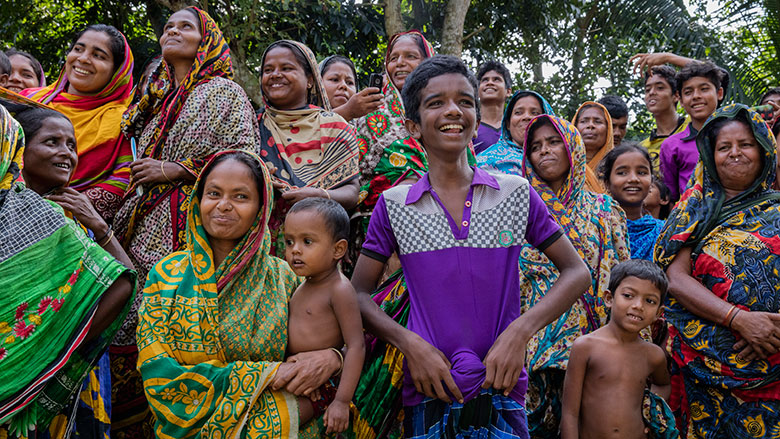
Embracing digitalization and technological innovation is key to propelling Bangladesh towards a knowledge-based economy and fostering greater connectivity and efficiency. The government's Digital Bangladesh vision aims to harness the power of information and communication technologies (ICTs) to empower citizens, enhance governance, and promote economic growth. Initiatives such as the expansion of broadband internet access, the development of digital payment systems, and the promotion of e-governance services are transforming the way business is conducted and services are delivered. Moreover, Bangladesh's vibrant startup ecosystem is fueling innovation and entrepreneurship, with a growing number of tech startups leveraging digital platforms to address local challenges and tap into global markets.
Conclusion: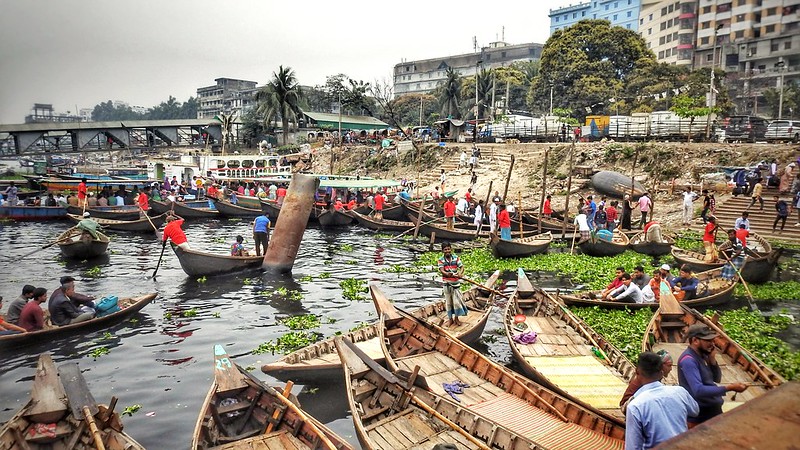
As Bangladesh charts its course towards a sustainable and prosperous future, leveraging its cultural heritage, natural resources, and human capital, it must confront formidable challenges while seizing emerging opportunities. By fostering inclusive growth, investing in education and healthcare, embracing renewable energy and environmental conservation, and harnessing digitalization and technological innovation, Bangladesh can overcome obstacles and realize its full potential. With steadfast determination, collaborative partnerships, and visionary leadership, Bangladesh is poised to emerge as a beacon of progress and resilience, inspiring nations around the world to pursue a path of sustainable development and inclusive prosperity.



















































![[LIVE] Engage2Earn: Save our PBS from Trump](https://cdn.bulbapp.io/frontend/images/c23a1a05-c831-4c66-a1d1-96b700ef0450/1)





